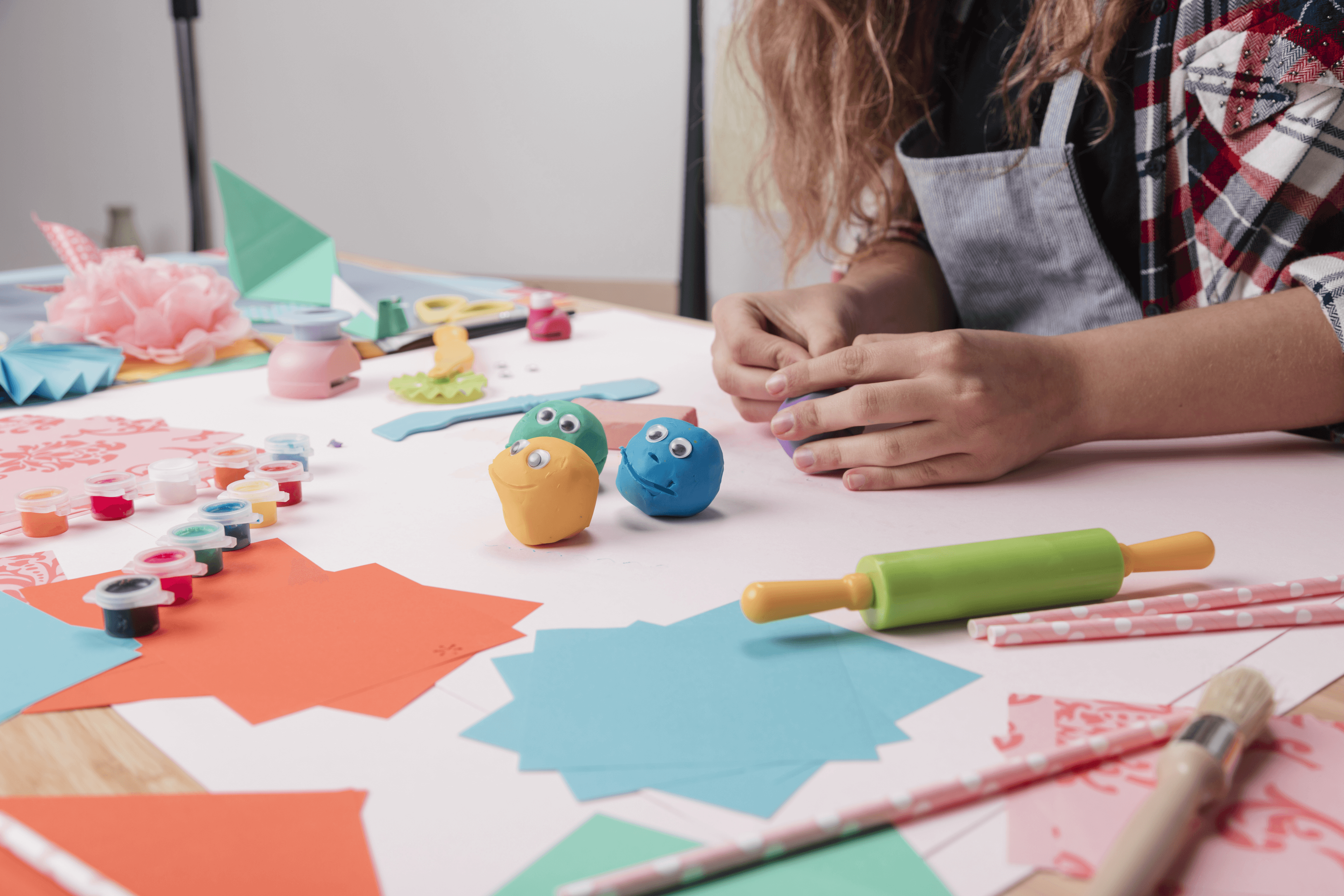In Early Childhood Education, workshops go beyond a simple activity; they are an adventure in learning, a bridge to creativity and discovery. Therefore, scheduling workshops within the school routine is especially relevant for several reasons:
- Stimulate creativity and imagination: Workshops offer children a safe and stimulating space where their creativity can flourish. Here, mistakes become learning opportunities and imagination is the main tool.
- Foster autonomy and confidence: By participating in practical activities, children develop a sense of independence and confidence in their abilities. This autonomy is crucial for their comprehensive development.
- Promote social and emotional skills: Workshops are also social spaces where children learn to collaborate, share, and express their emotions. These skills are fundamental for their emotional and social well-being.
- Support experiential learning: Following Froebel's philosophy, workshops are the perfect example of experiential learning, where children learn by doing. This methodology is essential for a deep and lasting understanding.
- Adaptable to diverse interests and needs: Each child is unique, and workshops allow for adaptation to different learning rhythms and styles, respecting the individuality of the students.
Friedrich Froebel, who created the first kindergartens, understood that children are not small adults, but beings with unique needs and capabilities. His revolutionary ideas laid the foundation for modern workshops in Early Childhood Education, a legacy that remains fundamental in how we teach and learn today.
Ultimately, by including workshops as a methodological tool, we will enrich our educational practice while enabling our students to learn better through play and experimentation. As a workshop suggestion, you can click on Scarf Workshop to see it.
